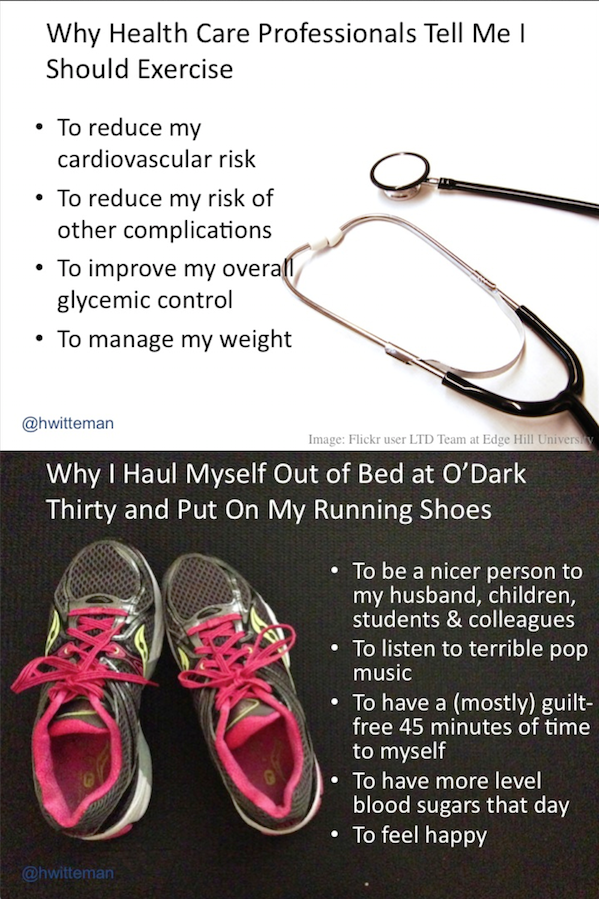A number of years ago, I joined a Master’s swim team. I was doing triathlons at the time, and the swim was my weakest leg. The team I joined divided the pool into four lanes: A (fastest swimmers), B (next fastest), C (next fastest) and D (slowest.) Workouts were organized accordingly; faster swimmers were assigned more and/or faster laps.
I came to the team as a very strong swimmer compared to the average person. These were not average people. I was nowhere near the level of these guys. (They were almost all men, though every so often there would be one other woman at practice.) So I started in the D lane and got lots of remedial stroke correction. Everyone around me was very kind to me, I slowly improved, and finally made it into the C lane. The people whom I had swam next to for months welcomed me warmly.
I noticed that when I swam next to the B lane swimmers, they were not nearly as kind and friendly as the C lane swimmers had been when they were my next-lane neighbours. The A lane swimmers were extremely nice, and were generous with encouragement, praise and tips. This wasn’t a hard and fast rule, but I started to notice a pattern: A, C, and D lane swimmers tended to be nice, friendly, and helpful to pretty much everyone; B lane swimmers tended to be nice to A lane and other B lane swimmers but not so much to C and D.
When I stopped doing tris and moved back to field sports, I started to notice the same thing. The very top athletes were nice to everyone and so were the middle and bottom of the pack. The not quite top players, though, were less friendly. They played more political games, and acted out their threatened feelings of being not quite good enough by being snobbish to those below them. (In retrospect, I worry I did some of this, too, especially when I was playing on a top team but was not a top player. I definitely felt a need to prove myself.)
I have since noted the same phenomenon in nearly every domain, including academia. The truly great researchers are generous and friendly; so are many of the middle of the roaders. Those who have something to prove, though, and who feel like they aren’t quite managing to do it, show definite aspects of being B lane swimmers.


2 thoughts on “The B Lane Swimmer”
like this post…i’ve always thoguht this, but could not full articulate the thought.
thanks. so true– my daughter swims mostly in the B Lane this last year and half. She just about hates her swimming now…
maybe this insight will help?